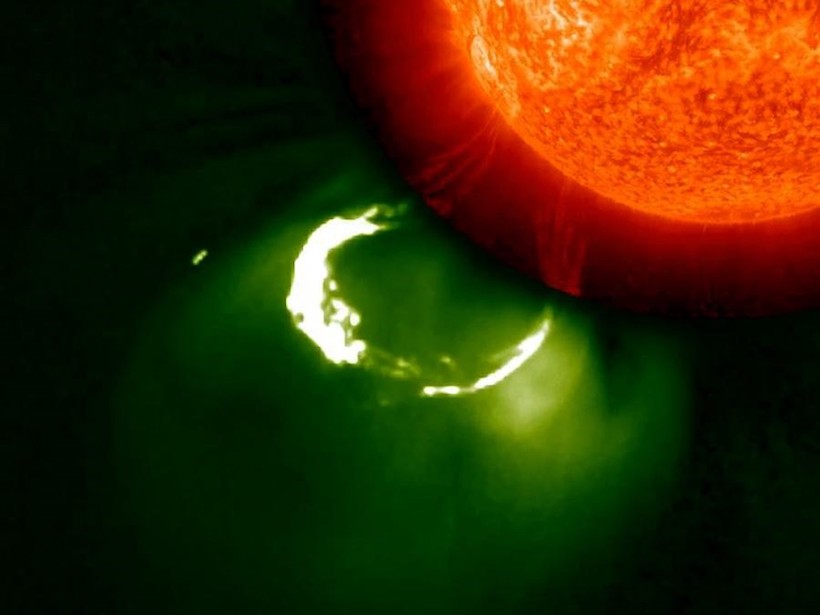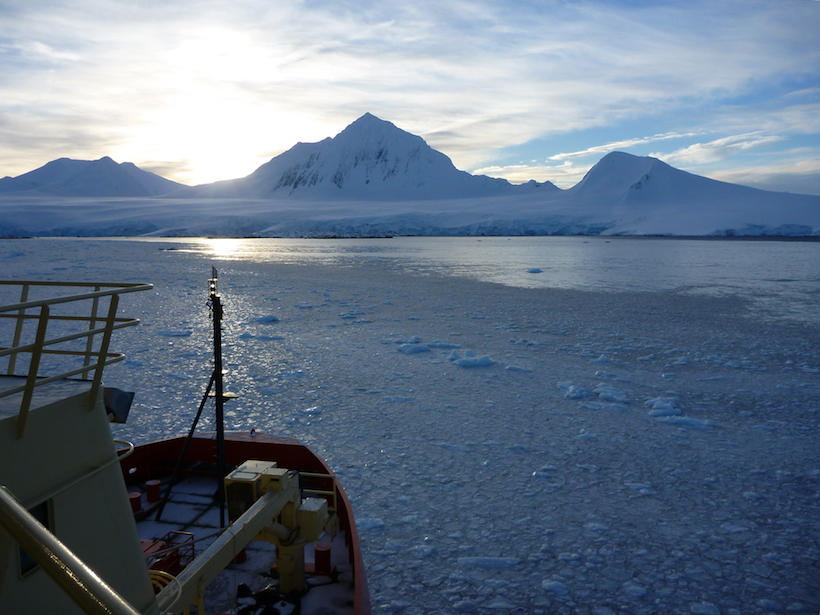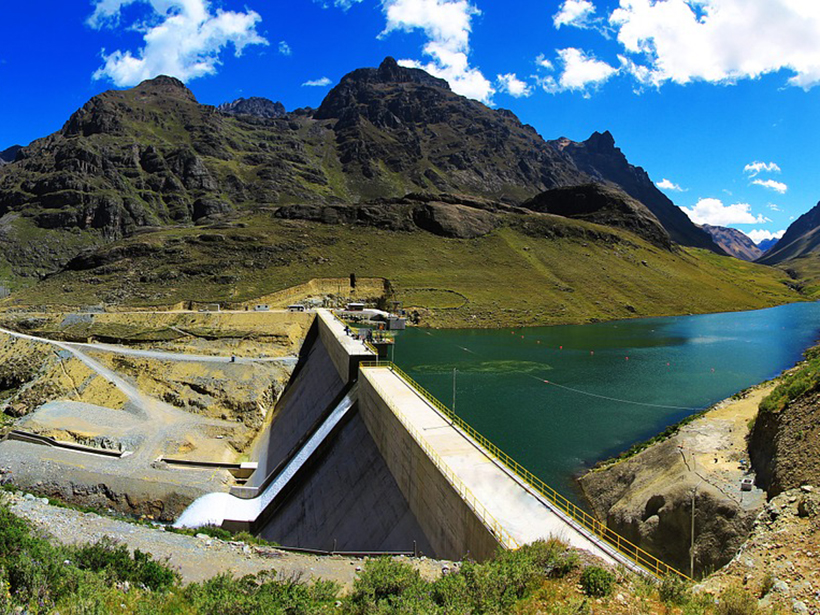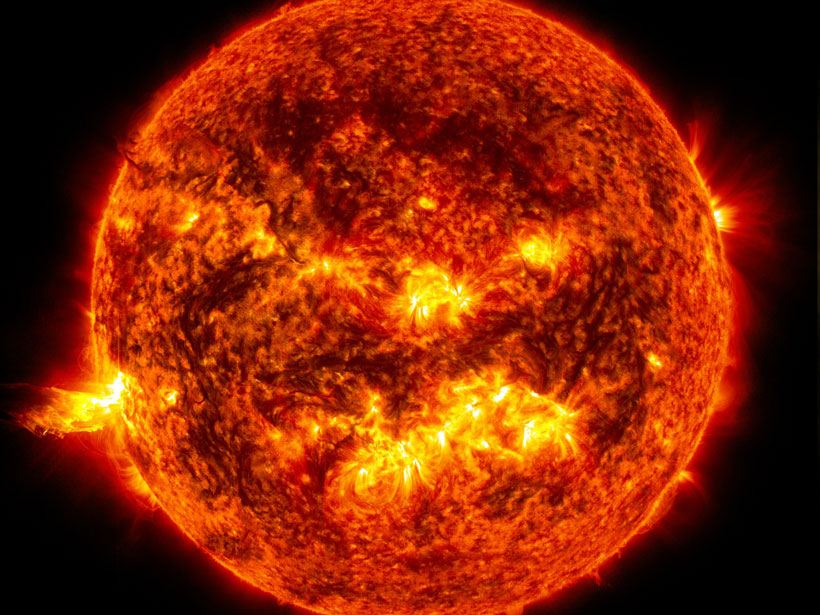Magnetotactic bacteria shunt sulfur, nitrogen, and other important elements between oxygen-poor and oxygen-rich waters.
Elizabeth Thompson
Elizabeth Thompson, née Jacobsen, is a freelance writer living in northern Virginia. She is a former production assistant and staff writer for Eos. Elizabeth graduated from Williams College with a degree in biology and English, and she is working toward a master’s degree in science writing at Johns Hopkins University. She enjoys spending time outdoors and exploring the workings of the world as fully as she can.
Acidifying Oceans Could Get Help from Kelp
Forests of fast-growing kelp influence the chemistry of the water in which they live. A new study evaluates their potential to ameliorate ocean acidification in sensitive coastal ecosystems.
A Floating Buoy Fleet Could Help Scientists Track Rising Seas
A new observing system to track mean sea level could piggyback on infrastructure already in place and extend the geographic area over which sea level is monitored.
The “Complicated” Complexity of Solar Storms
Researchers turned to crowdsourced science to identify patterns in coronal mass ejections.
How Long Does Iron Linger in the Ocean’s Upper Layers?
A new study refines our understanding of marine residence times of iron, which supports carbon-sequestering sea life, offering valuable data to inform biogeochemical models.
Records and Risks of Legacy Phosphorus in Streams
A new study quantifies persistent phosphorus in a drainage basin in Sweden and points out risks and oversights to factor in to future stream management.
Dams Alter Nutrient Flows to Coasts
New models indicate how dams worldwide influence the mix of nutrients in river water reaching the ocean. As more dams are built, changing nutrient loads may adversely affect coastal ecosystems.
Ideal Temperatures for Carbon Uptake by Subtropical Plants
Air temperatures in coastal ecosystems of Australia routinely exceed the optimum range for photosynthesis, hindering plants’ ability to take up atmospheric carbon.
El Ciclo del Carbono en el Agujero Azul Más Profundo de la Tierra
Científicos encuentran nuevos extremos mientras investigan el ciclo del carbono en el agujero azul de Yongle.
How Accurate Are Our Measurements of the Sun’s Energy?
As instruments collecting solar data degrade, researchers must correct for errors. A new study compares several methods to correct solar spectral irradiance measurements.










